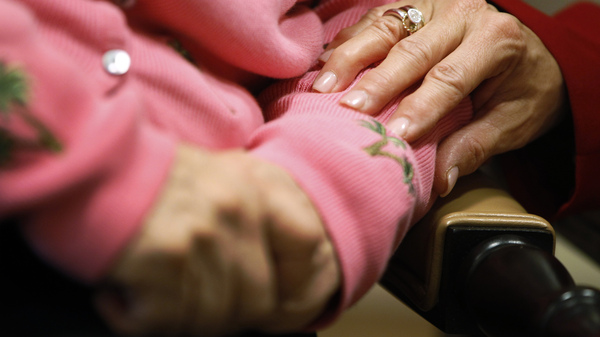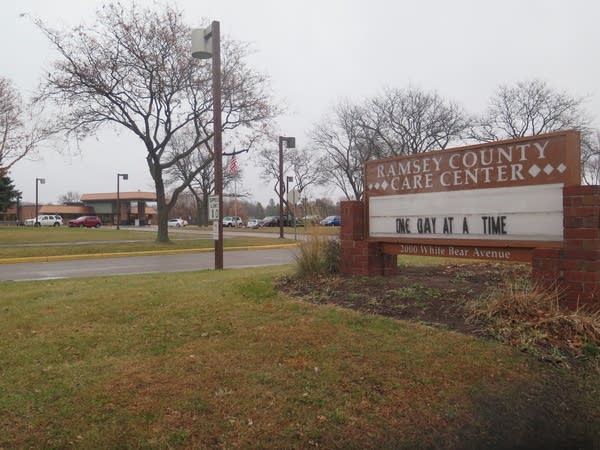Minnesotans are living longer and that trend is expected to continue. According to Minnesota State Demographic Center projections, the number of adults 65 years and older is anticipated to double between 2010 and 2030. That means 1 in 5 Minnesotans will be an older adult.
MPR News is looking at this shift and what it means to all of us.
Related: End in Mind delves into how our culture engages with loss, dying and death and offers resources to live more and fear less.












